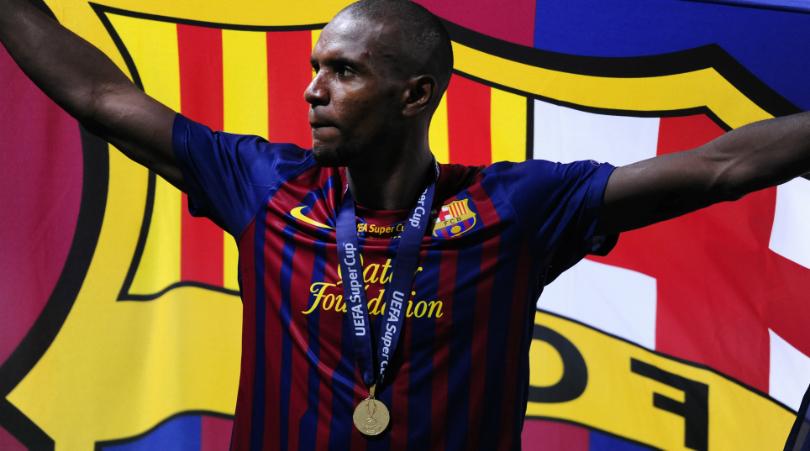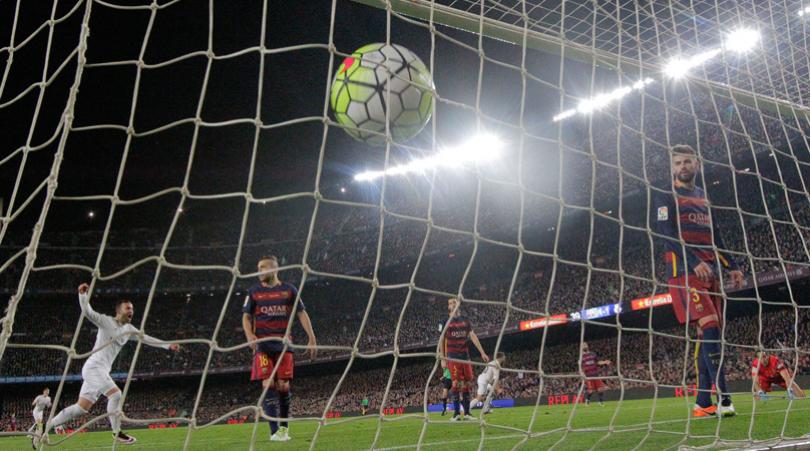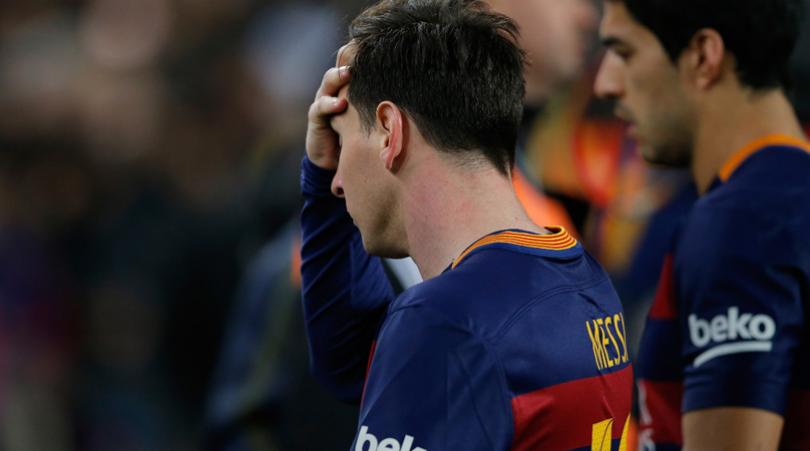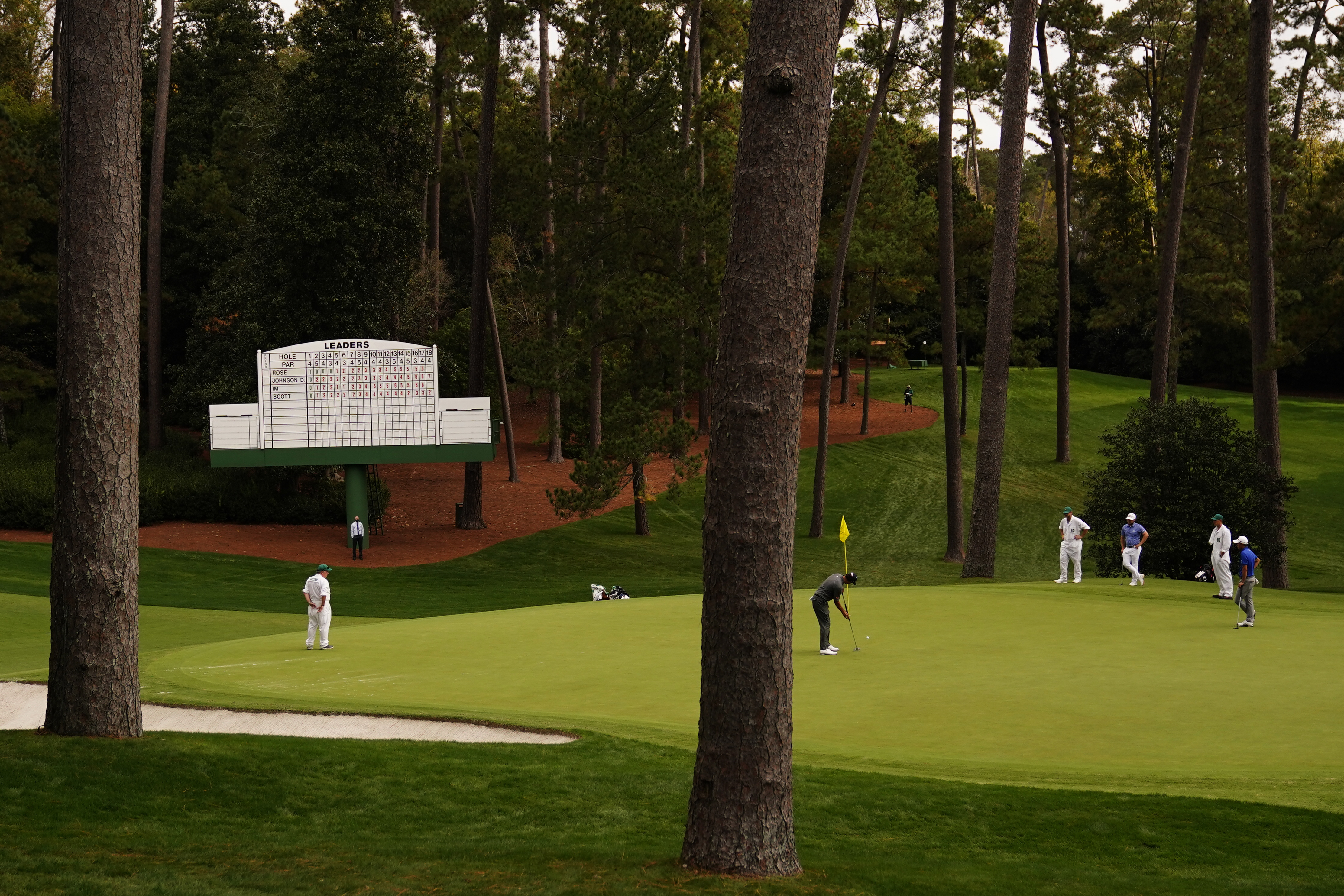How Javier Mascherano defied size to remain Barcelona’s immovable force at the back
Despite standing at just 5ft 8in, the Blaugrana’s former central midfielder has largely kept his place at centre-back since Pep Guardiola first tried him there five years ago. He’s still essential, writes Paul Wilkes...
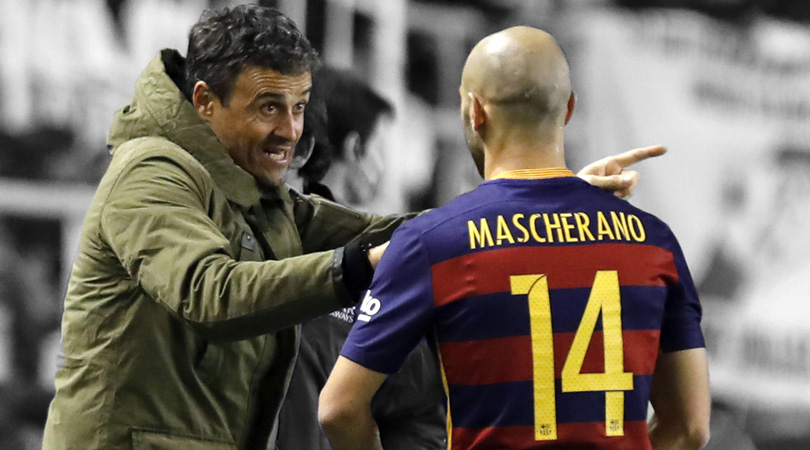
In early 2011, Pep Guardiola faced a huge defensive dilemma at the Camp Nou. First of all, Carles Puyol suffered a knee injury which kept him out of the squad for 18 matches and would subsequently cause him problems for the rest of his career. Then Eric Abidal was diagnosed with a tumour on his liver.
The manager had lost his club captain and another very likeable dressing room character within the space of a couple of months. There was clearly a psychological impact to the team regarding their friend Abidal, but in a playing sense Guardiola was now without two experienced, versatile and quick defenders who were important to his system.
Barcelona had let two centre-backs leave the previous summer in Rafael Marquez and Dmytro Chygrynskiy, with the two players having featured very little. This left only Gabriel Milito and Andreu Fontas to partner Gerard Pique, Chygrynskiy having been sold against Guardiola’s wishes.
The tackle
It was only meant to be a short-term fix for Barcelona, but five years and 13 trophies later, he has made the central defensive berth his own
Milito’s lack of pace and Fontas’s inexperience meant that the coach was looking for an alternative to solve his quandary. At first, the Catalan used Sergio Busquets in the role, but it quickly became apparent that he didn’t have the agility to fulfil Guardiola’s demands.
The tactician trialled Javier Mascherano at the back against Shakhtar Donetsk, although the converted midfielder himself believes it was a last-ditch challenge on Nicklas Bendtner in the previous round of the Champions League against Arsenal that changed his manager’s thought process.
“That tackle marked a before and after,” Mascherano told the Guardian recently. It was only meant to be a short-term fix for Barcelona, but five years and 13 trophies later, he has made the central defensive berth his own.
Get FourFourTwo Newsletter
The best features, fun and footballing quizzes, straight to your inbox every week.
That wasn’t always been the case, though: despite his relatively smooth transition, the next few transfer windows after his adaptation featured overwhelming demand from supporters and pundits alike for the Blaugrana to recruit a permanent replacement for Puyol.
However, the club and the subsequent managers have insisted on keeping the Argentine as first choice, with the likes of Thomas Vermaelen and Jeremy Mathieu signed as backup to the former Liverpool destroyer.
Size doesn’t matter
If you make me defend in my area the whole time, then obviously I’m going to suffer because of my physical stature, but we don’t
It was at Anfield that he first covered as a defender, when Rafael Benitez used him on occasion at right-back, but it was his energy and marauding runs down the wing that marked Mascherano’s few appearances at that time.
“Being a centre-back for Barça is not like being a centre-back for any other team,” he says now.
“The areas you inhibit are very similar to those I’d inhibit playing in midfield. Often, in terms of where we press, Busquets and I are practically in the same line.
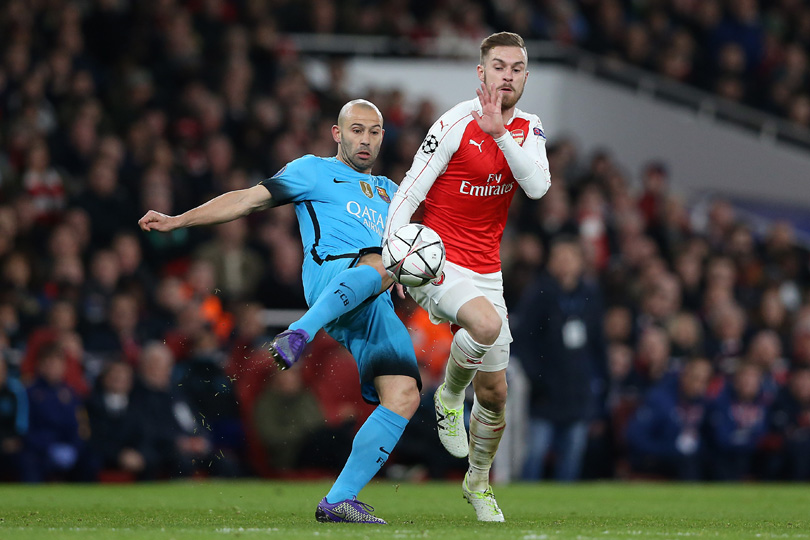
“If you make me defend in my area the whole time, then obviously I’m going to suffer because of my physical stature, but we don’t. The [biggest] thing that changes is that I receive the ball facing the pitch, not with my back to the play.”
Adapt or fail
Under Luis Enrique, the plaudits at Barcelona are naturally reserved for Lionel Messi, Luis Suarez and Neymar, but Mascherano plays an understated part in the side and is still seen by some as a weak link due to his height deficiency.
He wasn’t the first holding midfielder to make the move back into defence, and nor was he the first of diminutive frame, but he’s certainly the most successful in terms of collecting silverware.
Marcelo Bielsa used Gary Medel in the position for Chile in World Cup 2010 qualification, and Premier League managers have employed the tactic in recent times: Liverpool have tried both Lucas and Emre Can at the back, while Louis van Gaal’s Manchester United have opted for Daley Blind (although both are a few inches taller than Mascherano).
When the 31-year-old joined Barcelona in 2010 it was expected that he would struggle to adjust to the specific conditions of their possession-based philosophy, but this season he has the highest pass-completion rate of any player at the club to have started more than 10 La Liga matches. It’s even more surprising when you consider that he averages 7.5 long balls per game.
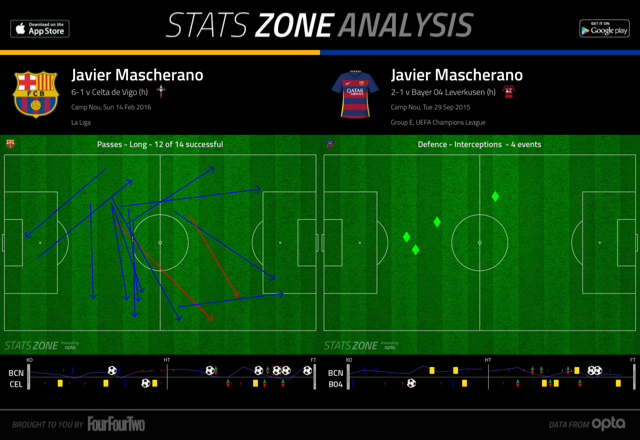
It illustrates how the Argentine has acclimatised even more to suit the needs of Luis Enrique’s variant on the ideology, bearing in mind the current boss’s desire to get the ball forward quicker to their superstar trio up front.
“Between Enrique’s Barcelona and Guardiola’s, the biggest parallel is that both compete in the same way and have the same desire to win,” Mascherano told Spanish daily AS. “As for differences, [there are] not that many – perhaps this team doesn’t need as much preparation to win games because we are more decisive in the last 30 metres.”
Oust him if you can
Mascherano’s speed, positioning and tenacity will be crucial to prevent counter-attacks from Atletico Madrid
In a defensive capacity he’s still proving his worth with the highest interception rate in the squad, while only Busquets makes more tackles.
With two legs against Diego Simeone’s Atletico Madrid approaching, Mascherano’s speed, positioning and tenacity will be crucial to prevent counter-attacks from the opposition due to the combined pace of Antoine Griezmann, Fernando Torres and Luciano Vietto.
Earlier this season the former River Plate midfielder made the most passes in the La Liga encounter at the Vicente Calderon, and made two blocks alongside Vermaelen; then, in the reverse fixture at the end of January, he managed five tackles and two interceptions.
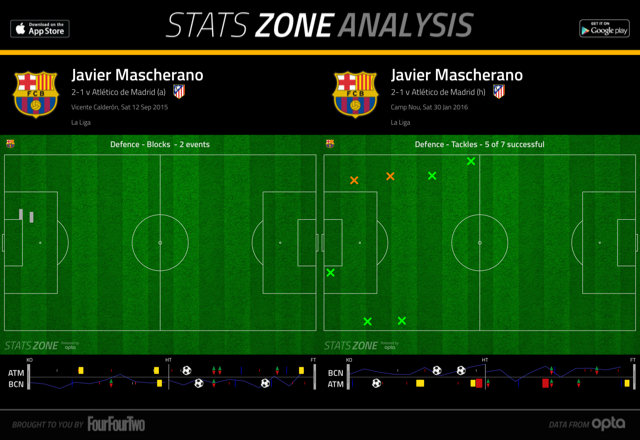
El Clasico and the tribute to Johan Cruyff may have taken its toll emotionally on Barcelona’s players, but Mascherano should be fresher than most to fulfil his aspirations. He missed the game with Getafe through suspension before the international break, and sat out his country’s match with Chile for the same reason.
No one will be expecting Mascherano to be the deciding factor in an attacking sense – he’s scored just two goals in the 10 years since making the move from South America to Europe. But that’s not what he’s in the team for. His contributions in defence have long been just as crucial.
